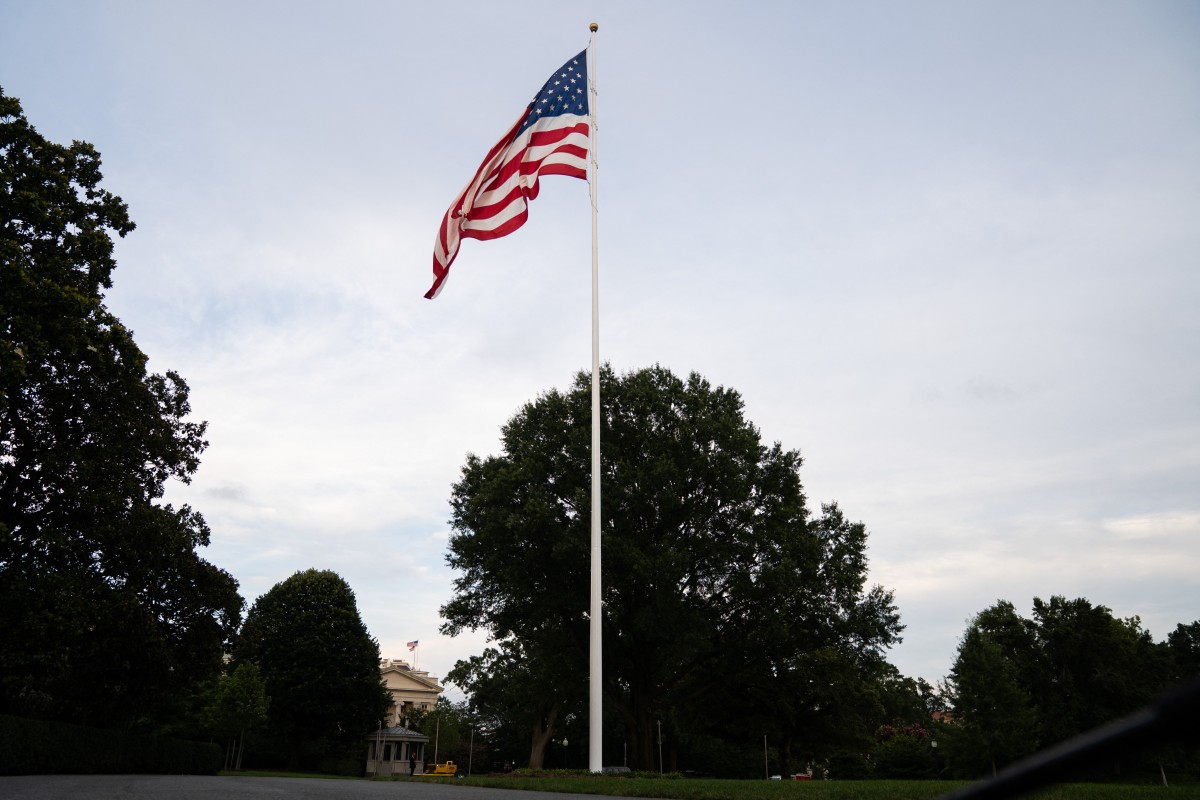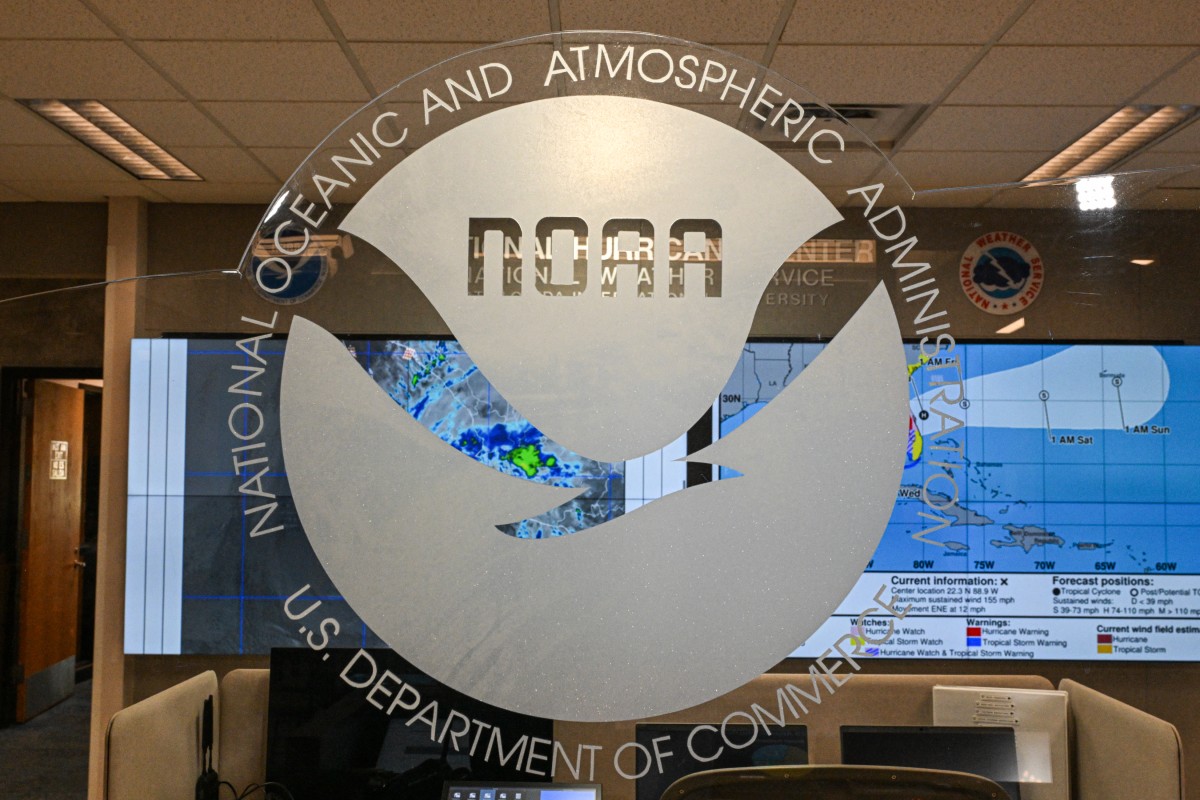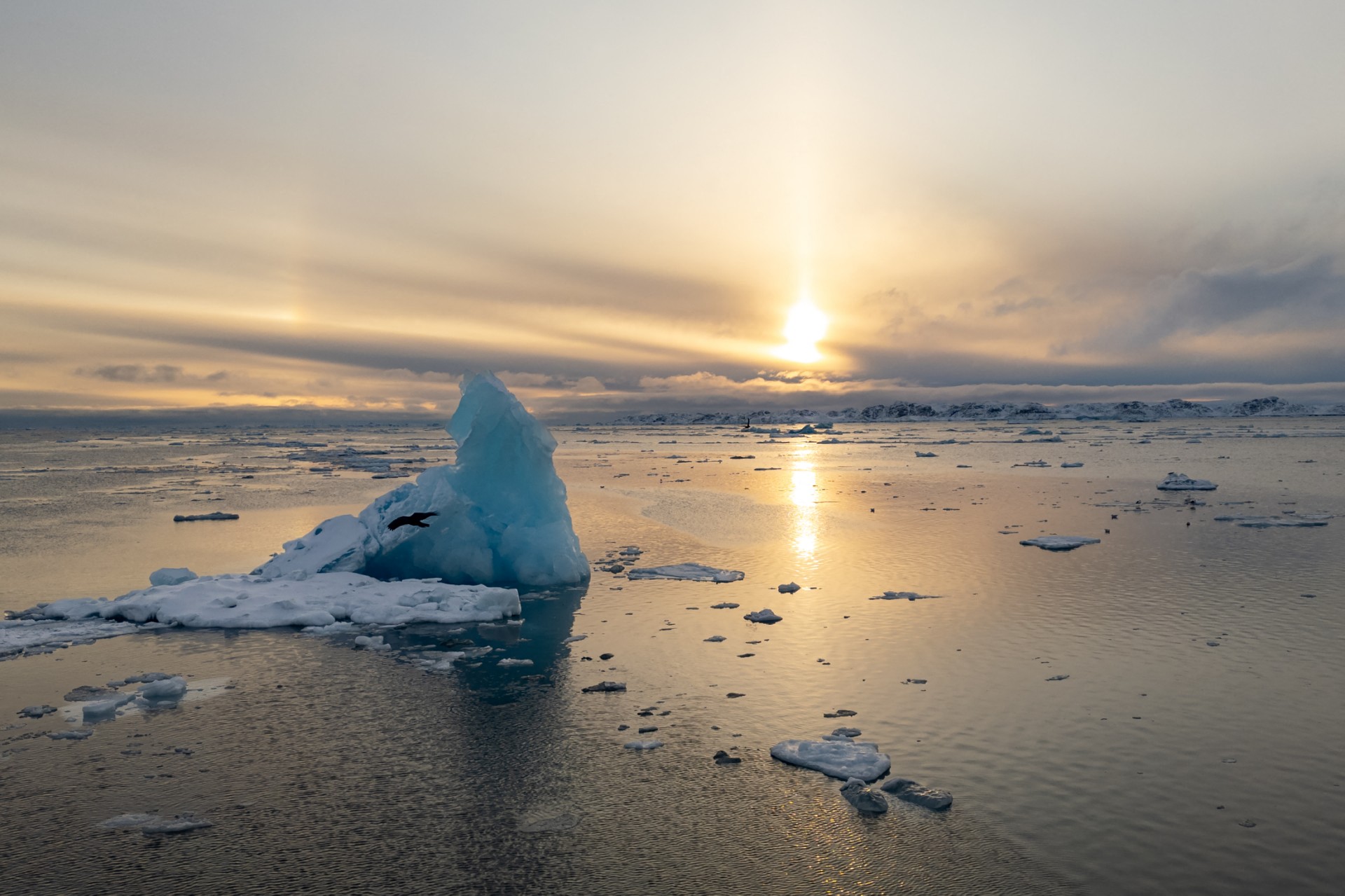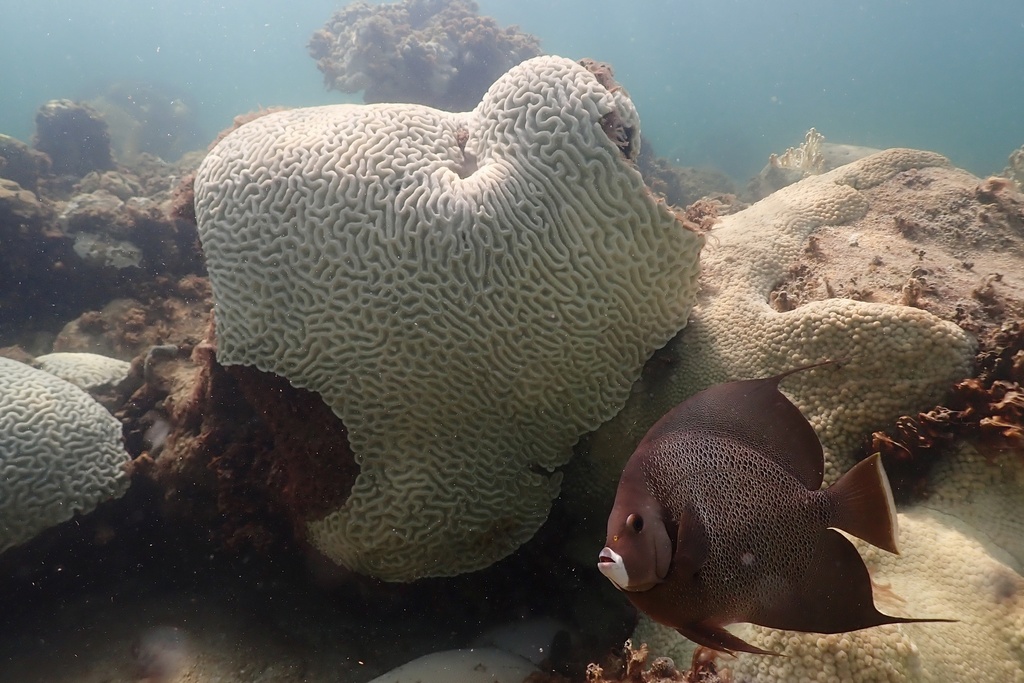
BRUSSELS/WASHINGTON/BERLIN - European governments are taking steps to break their dependence on critical scientific data the United States historically made freely available to the world, and are ramping up their own data collection systems to monitor climate change and weather extremes, according to Reuters interviews.
The effort - which has not been previously reported - marks the most concrete response from the European Union and other European governments so far to the US government's retreat from scientific research under President Donald Trump's administration.
Since his return to the White House, Trump has initiated sweeping budget cuts to the National Oceanic Atmospheric Administration, the National Institutes of Health, the Environmental Protection Agency, the Centers for Disease Control and other agencies, dismantling programs conducting climate, weather, geospatial and health research, and taking some public databases offline.
As those cuts take effect, European officials have expressed increasing alarm that - without continued access to US-supported weather and climate data - governments and businesses will face challenges in planning for extreme weather events and long-term infrastructure investment, according to Reuters interviews. In March, more than a dozen European countries urged the EU Commission to move fast to recruit American scientists who lose their jobs to those cuts.

Asked for comment on NOAA cuts and the EU's moves to expand its own collection of scientific data, the White House Office of Management and Budget said Trump's proposed cuts to the agency's 2026 budget were aimed at programs that spread "fake Green New Scam 'science,'" a reference to climate change research and policy.
"Under President Trump’s leadership, the US is funding real science again,” Rachel Cauley, an OMB spokesperson, said via email.
European officials told Reuters that - beyond the risk of losing access to data that is bedrock to the world's understanding of climate change and marine systems - they were concerned by the general US pullback from research.
"The current situation is much worse than we could have expected," Sweden's State Secretary for Education and Research Maria Nilsson, told Reuters. "My reaction is, quite frankly, shock."
ALSO READ: Over 20 research projects at UK universities halted after US funding withdrawal
The Danish Meteorological Institute described the US government data as "absolutely vital" - and said it relied on several data sets to measure including sea ice in the Arctic and sea surface temperatures. "This isn’t just a technical issue, reliable data underpins extreme weather warnings, climate projections, protecting communities and ultimately saves lives," said Adrian Lema, director of the DMI's National Center for Climate Research.
Reuters interviewed officials from eight European countries who said their governments were undertaking reviews of their reliance on US marine, climate and weather data. Officials from seven countries - Denmark, Finland, Germany, Netherlands, Norway, Spain and Sweden - described joint efforts now in the early stages to safeguard key health and climate data and research programs.
Leaning on US
As a priority, the EU is expanding its access to ocean observation data, a senior European Commission official told Reuters. Those data sets are seen as critical to the shipping and energy industries as well as early storm warning systems.
Over the next two years, the senior official said, the EU plans to expand its own European Marine Observation and Data Network which collects and hosts data on shipping routes, seabed habitats, marine litter and other concerns.
The initiative was aimed at "mirroring and possibly replacing US-based services", the senior European Commission official told Reuters.

Europe is particularly concerned about its vulnerability to US funding cuts to NOAA's research arm that would affect the Global Ocean Observing System, a network of ocean observation programs that supports navigation services, shipping routes and storm forecasting, a second EU official told Reuters.
The insurance industry relies on the Global Ocean Observing System's disaster records for risk modelling. Coastal planners use shoreline, sea-level, and hazard data to guide infrastructure investments. The energy industry uses oceanic and seismic datasets to assess offshore drilling or wind farm viability.
In addition, the senior EU Commission official said, the EU is considering increasing its funding of the Argo program, a part of the Global Ocean Observing System which operates a global system of floats to monitor the world's oceans and track global warming, extreme weather events and sea-level rise.
NOAA last year described the program, in operation for over 25 years, as the "crown jewel", opens new tabof ocean science. It makes its data freely available to the oil and gas industry, marine tourism and other industries.
The United States funds 57 percent of Argo's $40 million annual operating expenses, while the EU funds 23 percent. The White House and NOAA did not respond to questions about future support for that program.
The European moves to establish independent data collection and play a bigger role in Argo represent a historic break with decades of US leadership in ocean science, said Craig McLean, who retired in 2022 after four decades at the agency. He said US leadership of weather, climate and marine data collection was unmatched, and that through NOAA the US has paid for more than half of the world’s ocean measurements.
ALSO READ: 23 US states, DC sue Trump admin over health funding cuts
European scientists acknowledge the outsized role the US government has played in global scientific research and data collection - and that European countries have grown overly dependent on that work.
"It’s a bit like defense: we rely heavily on the US in that area, too. They're trailblazers and role models—but that also makes us dependent on them," Katrin Boehning-Gaese, scientific director of Germany's Helmholtz Centre for Environmental Research, told Reuters.

'Guerrilla archivists'
A number of European governments are now taking measures to reduce that dependence. Nordic countries met to coordinate data storage efforts in the Spring, Norwegian Minister of Research and Higher Education Sigrun Aasland told Reuters. European science ministers also discussed the US science budget cuts at a meeting in Paris in May.
Aasland said Norway was setting aside $2 million to back up and store US data to ensure stable access.
The Danish Meteorological Institute in February started downloading historical US climate data in case it is deleted by the US It is also preparing to switch from American observations to alternatives, Christina Egelund, Minister of Higher Education and Science of Denmark, said in an interview.
"The potentially critical issue is when new observations data stop coming in," the Institute's Lema said. While weather models could continue to operate without US data, he said the quality would suffer.
Meanwhile, the German government has commissioned scientific organizations, including the center, to review its reliance on US databases.
Since Trump returned to the White House, scientists and citizens worldwide have been downloading US databases related to climate, public health or the environment that are slated for decommissioning - calling it "guerrilla archiving".
"We actually received requests—or let's say emergency calls—from our colleagues in the US, who said, 'We have a problem here... and we will have to abandon some datasets”, said Frank Oliver Gloeckner, head of the digital archive PANGAEA, which is operated by publicly funded German research institutions.
About 800 of NOAA's 12,000-strong workforce have been terminated or taken financial incentives to resign as part of Trump's Department of Government Efficiency cuts.
The White House 2026 budget plan seeks to shrink NOAA even further, proposing a $1.8 billion cut, or 27 percent of the agency's budget, and a near-20 percent reduction in staffing, bringing down the NOAA workforce to 10,000.

The budget proposal would eliminate the Office of Oceanic and Atmospheric Research, NOAA's main research arm, which is responsible for ocean observatory systems including Argo, coastal observing networks, satellite sensors and climate model labs.
It is also reducing its data products. Between April and June, NOAA announced on its website the decommissioning of 20 datasets or products related to earthquakes and marine science.
NOAA did not respond to requests for comment.
READ MORE: US scientists protest against funding cuts
Gloeckner said there were no legal hurdles to storing the US government data as it was already in the public domain.
But without significant funds and infrastructure, there are limits to what private scientists can save, said Denice Ross, a senior fellow at the Federation of American Scientists, a nonprofit science policy group and the US government's chief data officer during Joe Biden's administration.
Databases need regular updating - which requires the funding and infrastructure that only governments can provide, Ross said.
Over the last few months, the Federation and EU officials have held a series of talks with European researchers, US philanthropies and health and environment advocacy groups to discuss how to prioritize what data to save.
“There is an opportunity for other nations and institutions and philanthropies to fill in the gaps if US quality starts to falter," she said.


